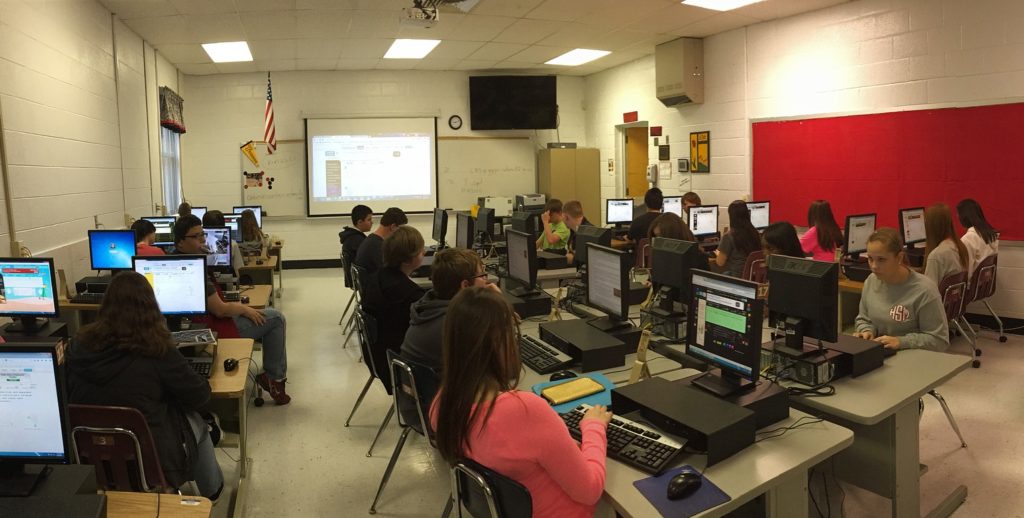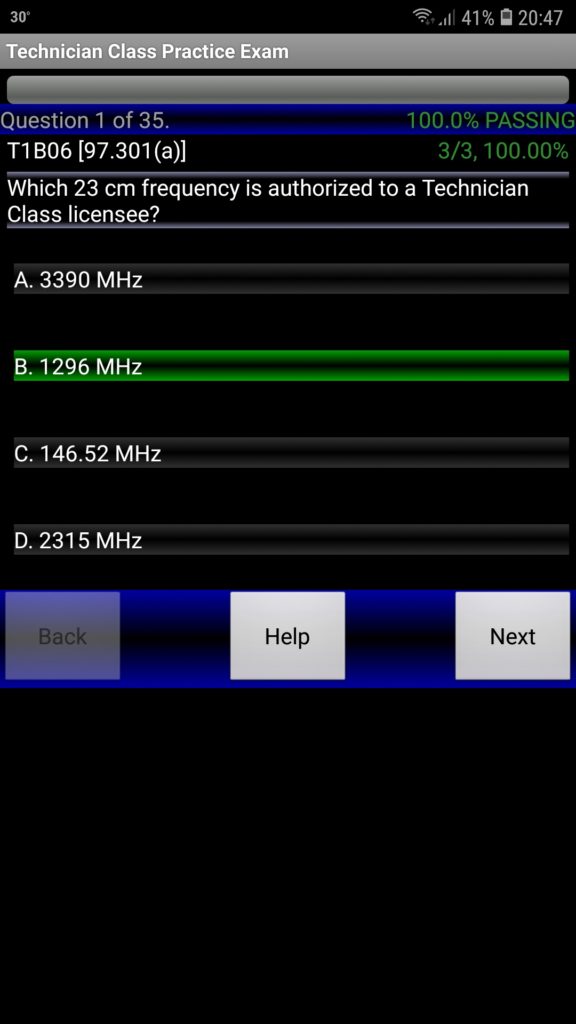The amateur radio hobby can attract with a variety of its aspects. It drives the spirit of experimentation – both in electronics, hardware, software and public outreach. It fosters good organization, and helps developing efficient communication skills that will be useful well beyond the hobby. It encourages connection with your other interests – traveling, outdoors activities, DIY craftsmanship, etc. Last but certainly not least – it brings the rewards of public service for the benefit of local communities.
Whatever drives you into the universe of amateur radio – it all starts with obtaining your amateur radio operator’s license. It is essential that all operators possess and disseminate at least the minimum knowledge and skillset to operate on the air according to best practices and following the rules enforced by the Federal Communications Commission. It is not too complicated, neither is it too expensive. In fact, I will show that the only expense that cannot be avoided is a fee that is charged by the VEC – it currently stands at $15, and is unlikely to significantly grow in the next few years.
The other question, and quite important for many, is how much do you want (and really need) to spend on your preparation for the test. Being a teacher myself, I understand that different people have various learning habits and strategies. However, with a rich variety of resources available, I would say that you don’t have to spend anything on your preparation. Some of these resources may be also useful for those radio amateurs that are starting their journey towards their license upgrade.
License classes
Many amateur radio clubs have enthusiasts who organize license classes to teach the basics of all aspects of the radio hobby that are covered in the VEC test pool. They are usually taught in the evenings or weekends, a few weeks in a row, and usually end with a test session where the students take tests and earn their operating privileges. Those classes are usually only organized for the Technician level license. Thus – check your local amateur radio club, there may be a class starting soon. Best thing – in many cases such classes are free!

Study manuals
If your local club does not offer license classes, or your schedule makes it impossible to attend – there are several options for self-paced learning. The most traditional among them is to use manuals and study guides. There are several manuals that are available for purchase, such as the renowned Gordon West’s textbooks, or the official manual published by ARRL. However, the free resources available online are also very useful, and may be easily sufficient for successful preparation for your test:
- No Nonsense! Technician class study guide by KB6NU (I used it to prepare for my Technician license exam almost 2 years ago)
- Ham Cram Technician License Course by W9PE
- Technician and General Class License Courses (old version) by KE4GKP
Video courses
Online video courses may be useful as a standalone resource. However, they may be even more helpful in conjunction with a study guide or a manual – thus creating a self-paced, but also guided learning environment. Video courses are also a valuable resource for those aspiring hams who are not only visual, but also auditory learners:
- Technician Ham Radio License video course by Dave Casler KEØOG (also available for General and Amateur Extra class)
- Introduction to Ham Radio and Technician Training Class by KB9OKB (based on the study guide by KB6NU)
- Technician Ham Class by W4EEY (also available for General and Amateur Extra class)
- Technician Class License Course (old version) by KE4GKP
- General License Training Class by W5HRC Club
Flash cards and practice tests
Interactive study materials make the process more dynamic, and help to randomize questions and answers to prevent “mechanical” memorization. From my personal experience, I suggest using flash cards (and a little later – practice tests) once you are at least half way through the course, and have a general understanding of a significant part of the material. If you have a good background in physics and electronics, however – flash cards and practice tests by themselves may be sufficient to prepare for your test. My rule of thumb is – if you can pass a practice test with at least 80% of correct answers in at least 80% of attempts – you are ready for your license exam!
- Technician Class Flash Cards by HamExam (General and Amateur Extra also available)
- Technician Class Practice Test by HamExam (General and Amateur Extra also available)
- Flash Cards from HamStudy (Technician, General and Amateur Extra)
- Practice Test from HamStudy (Technician, General and Amateur Extra)
- Exam Review from ARRL
- Technician Class Practice Test by Mometrix

Software and mobile apps
The mobile apps are extremely valuable for those “on the go” – they help fill in and use every little moment of “down-time” that you may have. Essentially they contain he same information and serve the same purpose as the online practice tests (and sometimes flash cards). For me personally, an app on my phone was an amazing time saver! I used Ham Test Prep for 10-15 minutes every day, sometimes twice or even more often. I prepared for my Technician test during my trip to Europe, and for my General – during my vacation on the East Coast. It took me only 2 weeks to get ready for my upgrade to Amateur Extra – and the mobile app was the only resource that I used in that case.
- Ham Test Prep [Android] – my all time favorite app! (updated with new question pools)
- Ham Radio Exam – Tech [iOS]
- HAM Test Prep: Technician [iOS]
- Amateur Exam Study 1.4 [Win PC] by N3FJP
I hope that the resources listed here will be useful for the aspiring hams who stop to read this post – I sincerely wish you success in your preparation, and best of luck on your exam! Once you get your license – start exploring the world of amateur radio that is now open to you. Remember – even with little resources, such as a simple handheld transceiver, you can have a lot of fun! If you are looking for a motivation for upgrade – learn how you can get started on HF even in limited space and with little resources. Not looking to expand your shack at home? Make your backyard or a favorite campsite your shack: get a field setup and have fun outdoors!
For you seasoned radio amateurs – I hope that this list will grow. I would appreciate if you take a moment to share your personal experience. What worked for you particularly well when you prepared to test for your first license? What was the most useful to help you with your upgrade?